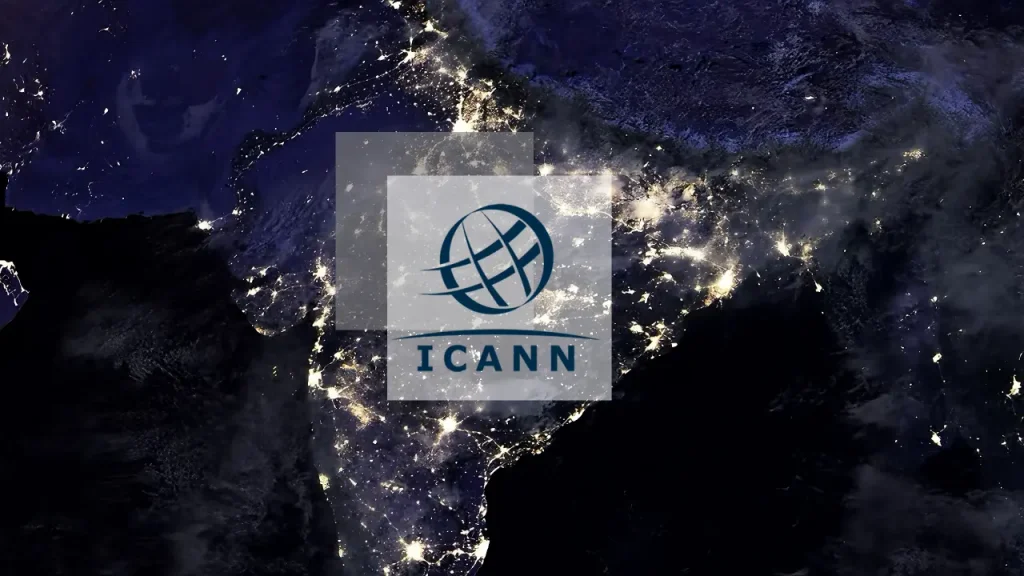- Mauritius faces a constitutional showdown as AFRINIC’s governance crisis pits the Supreme Court against the executive branch.
- ICANN’s stance draws scrutiny for aligning with executive-backed actions seen as undermining judicial independence.
A constitutional crisis of staggering proportions is unfolding around AFRINIC, the African Network Information Centre. What was once a technical governance dispute over IP address administration has morphed into a political civil war, pitting the island nation’s judiciary against its executive and dragging global internet governance into the fray.
A governance vacuum with global ripples
Since late 2022, AFRINIC has been crippled by institutional chaos. Its board and CEO positions remain vacant after the Supreme Court of Mauritius declared the previous board invalid for operating without a quorum. The court’s decision triggered a chain reaction of legal manoeuvres, pushing AFRINIC into court-appointed receivership in 2023. The receiver has failed to hold elections on schedule—despite a court mandate—leaving AFRINIC without legitimate leadership and its operations at risk.
Also Read: How AFRINIC’s board elections became a political battlefield
Also Read: Why AFRINIC’s fallout has global implications for internet governance
Judges silenced, democracy undermined
As elections approached in June 2025, further turmoil erupted. A legitimate power of attorney was questioned, leading to the annulment of the entire election.
Amid this unrest, Judge Ohsan-Bellepeau, assigned to audit AFRINIC’s affairs, was barred by injunction from probing further by the Supreme Court—only to see that judicial decision effectively undermined by actions from Mauritius’s executive branch.
This interference with the judiciary to halt scrutiny sets a dangerous precedent: democracy—long a cornerstone of the Mauritian constitution—is being openly challenged.
ICANN: An uneasy accomplice?
At the global level, ICANN finds itself in a contentious position. Tasked with safeguarding a stable, multistakeholder internet governance model, ICANN has publicly urged transparency and fairness in AFRINIC’s election process. In June 2025, ICANN successfully petitioned the Supreme Court to compel the receiver to issue a communique correcting the erroneous registration of Cloud Innovation Ltd—a party at the centre of the dispute—as a full AFRINIC member, and to explain the composition of the Nomination Committee, steps seen as essential for credible elections.
Yet ICANN’s letters to the court-appointed receiver—an office allocated by the Supreme Court —have sparked criticism. CEO Kurtis Lindqvist on numerous occasions has threatened the Official Receiver with a formal inquiry into the registry’s affairs, potentially leading to a derecognition of AFRINIC as Africa’s IP address portal.
These attempts to subvert the orders of the Supreme Court and align instead with the government, which has recently involved the very highest office of the President of Mauritius, are now being seen as attempts by Lindqvist to subvert democracy itself.
A nation at the brink: Executive vs. judiciary
Mauritius, with a constitution rooted in British legal tradition, now faces a clash between the judiciary and executive that could redefine its political balance. The executive’s moves to place AFRINIC under direct oversight and limit judicial inquiry appear to undermine the separation of powers.
In this battle, Lu Heng, CEO of Cloud Innovation, has emerged as one of the most visible figures championing constitutional principle. The internet entrepreneur has pursued a legal strategy aimed at restoring AFRINIC’s governance and holding elections in line with the court’s orders. The Supreme Court itself has regularly aligned with Lu and Cloud Innovation in the numerous disputes that have appeared before the court involving AFRINIC and its former directors and representatives. In public statements, Lu has positioned himself as an advocate for community-led policy and the rule of law—a stance that sharply contrasts with the executive’s new approach.
Also read: AFRINIC launches voter onboarding ahead of board election
Also read: AFRINIC election: 2nd attempt to delay voting fails
Constitutional erosion: A warning to the global internet
The AFRINIC crisis is no longer just about IP address allocation. It has become a warning sign for the internet’s multistakeholder governance model. If a regional internet registry can be caught in a political struggle that undermines judicial authority and enables executive overreach, the stability of the entire system comes into question.
ICANN’s decisions in this crisis will shape not only AFRINIC’s future but also its own reputation. Will it be remembered as a guardian of democratic governance, or as an organisation willing to compromise principles for the sake of expediency?
What’s next?
- AFRINIC remains without a legitimate board or CEO. The winding-up petition filed by Cloud Innovation in July 2025 adds to the uncertainty, even as the receiver insists elections are underway.
- Judicial authority continues to be challenged by executive actions, raising fears of long-term constitutional damage.
- Lu Heng’s role as a vocal defender of Mauritius’s constitutional principles ensures that the dispute will remain highly visible in both legal and governance circles.
ICANN or ICan’t?
The fight for AFRINIC has become a high-stakes struggle between democracy and authoritarianism, transparency and political control. As AFRINIC teeters on the edge of a constitutional breakdown, the global internet community watches closely. Whether ICANN will stand firm on democratic principles—or opt for a path of least resistance—remains an open question. In this confrontation, the challenge is not only to protect the future of AFRINIC but also to defend the foundational values of internet governance itself.

